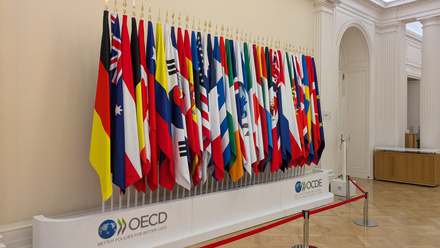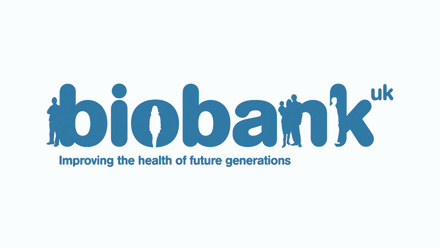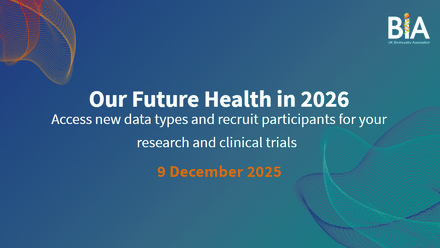TechBio UK 2024: a glimpse into the future of life sciences

In this blog, Albert Maguire-King, Media and Communications Executive at the BIA, discusses the recent TechBio UK conference held by the BIA on October 16 at King's Place in King's Cross, London.
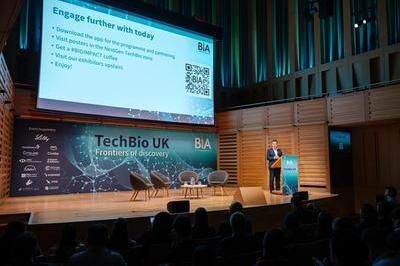
Attending the BIA’s TechBio UK conference this year offered an incredible opportunity to witness the ingenuity and innovation driving the future of life sciences. The energy in the room was palpable, and the insights shared—whether from established leaders or emerging pioneers—provided a sense of the transformative potential TechBio holds for the sector.
Steve Bates OBE, CEO of BIA, set the tone with three key takeaways. First, he highlighted the significance of Isomorphic Lab’s recent Nobel Prize which illustrates that firms belonging to the sector operate at the vanguard of technological innovation. Second, he noted the major investment commitment by Eli Lilly in the UK which demonstrates how international pharmaceutical giants see the UK as a critical hub for life sciences innovation. Thirdly, he presented the acquisition of UK TechBio firm Aparito by Eli Lilly as a powerful example of how homegrown UK companies are making a global impact.
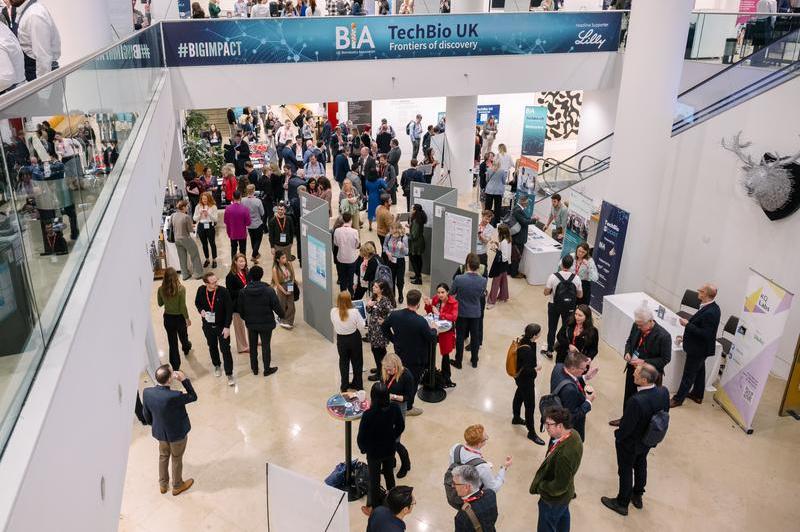
These examples were just the beginning. Throughout the event, the theme of disruption and reinvention was ubiquitous. Ramesh Durvasula, Senior Vice President at Eli Lilly, offered a provocative challenge to the audience: "It’s no longer about the collection of knowledge, but about how we act on that knowledge." This simple yet profound statement elucidated the shift we’re seeing across industries—the old systems of information storing are obsolete. Now, the question is how we apply technologies like AI to not just accelerate the pace of life sciences, but to completely rethink how we conduct research and develop treatments.
Throughout the day attendees witnessed a variety of different panels. In the first panel, chaired by Ramesh, there was a compelling discussion about the need for a new kind of education in biotech. Rather than the narrow specialisation that has traditionally dominated, the panellists argued for a more "multilingual" approach—one that integrates a deep understanding of biology, technology, and even data science. The reality that some processes still require outdated methods like fax machines became a powerful metaphor for how much modernisation is still required across the industry.
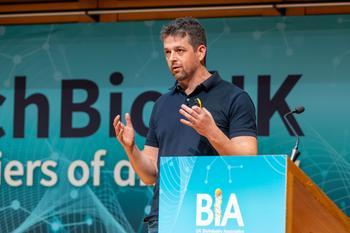
The investment panel touched on another critical issue for TechBio start-ups: securing funding. Many founders noted the difficulty in attracting investors who truly understand both biology and technology. As Elin Haf Davies, a panellist and the founder of Aparito, pointed out, "Tech investors don’t get biology, and life sciences investors don’t get tech." This gap has historically left TechBio companies in a precarious position. However, there was optimism in the room. The emerging field of TechBio is beginning to draw attention from investors who see the potential in this intersection, creating new funding avenues that didn’t exist even a few years ago. Throughout the day, as I spoke to founders at the event, their excitement for TechBio and its potential ramifications continually encapsulated this theme.
These conversations were just one of many examples I saw before me during the event of the real-world impact of what we do coming to life. The discussions I had with founders and leaders made it clear that our efforts are not just theoretical; they are creating tangible opportunities for growth and innovation. One particular moment that struck me was Sergei Yakneen’s (Chief Technology Officer, Isomorphic Labs) observation in his keynote speech that, despite rapid advances in technology, drug discovery has not accelerated in the same way. His hope, through his work at Isomorphic Labs, is to bring these two trajectories into alignment—where technological progress and scientific discovery move hand in hand, speeding up breakthroughs and ultimately improving patient outcomes.
As I reflect on the day, one thought stands out: TechBio is not just an exciting field; it’s a necessary one. The breakthroughs happening at the intersection of biology and technology have the power to address some of the biggest healthcare challenges we face today, as outlined in our recent TechBio report. I left the event feeling not just inspired by the talent I encountered, but also with conviction that TechBio is more than a trend—it’s the future, and we are at the beginning of a very exciting journey.
Have you seen our latest TechBio report? The UK is at the forefront of the innovation frontier, and building the TechBio community is key to driving collaboration at the intersection of technology and biology. By fostering connections between experts in biotech, AI, and data, we’re accelerating breakthroughs in drug discovery, diagnostics, and personalised medicine. Dive into the report ➡ techbio.org.uk

